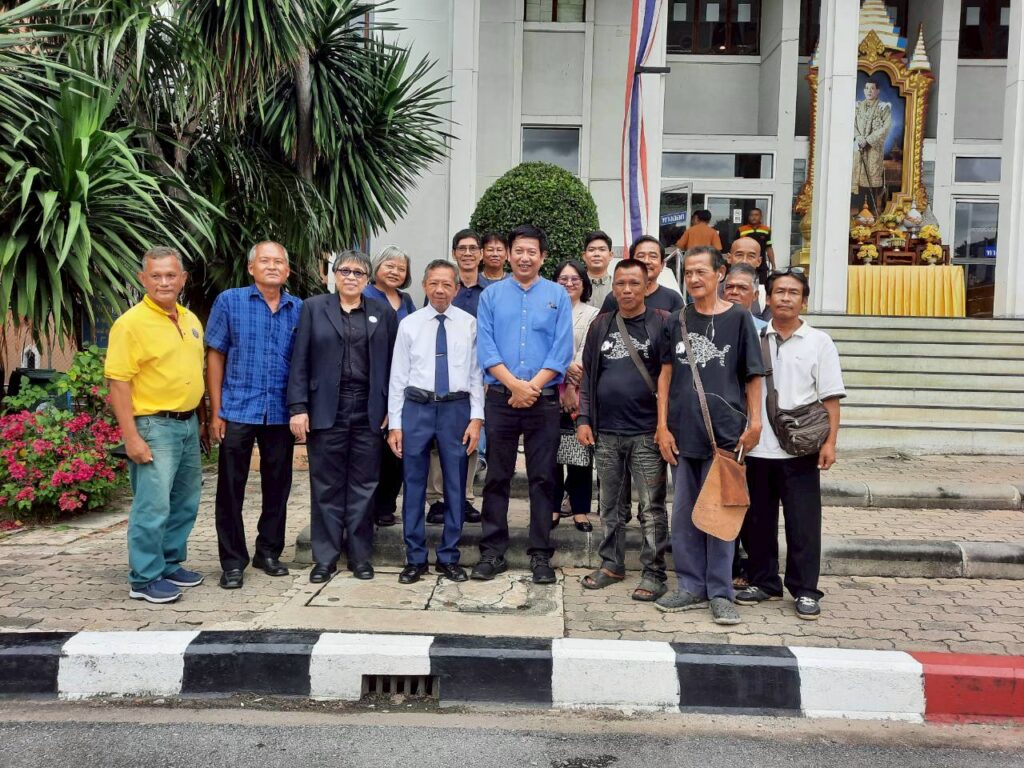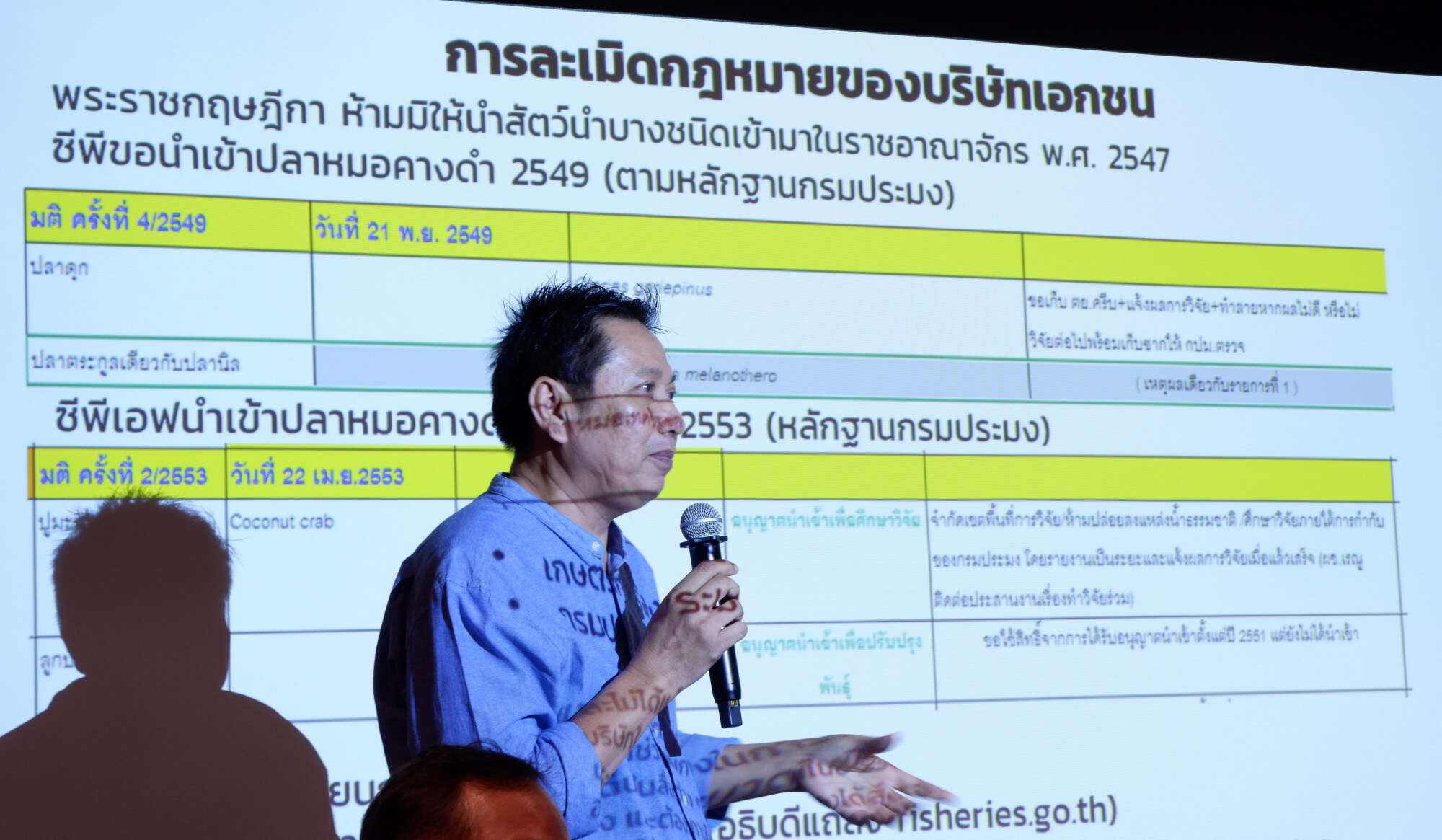Protection International reports that on September 10, 2025, the United Nations Special Rapporteur on the situation of human rights defenders, Mary Lawlor, expressed her concern over the indictment of Witoon Lianchamroon, Secretary-General of the BIOTHAI Foundation and an environmental and food security human rights defender. He was charged with defamation, and the message was shared on the platforms X (formerly Twitter), Facebook, and Bluesky.
Lawlor stated, “I am concerned by the worrying news from Thailand that human rights defender Witoon Lianchamroon has recently been indicted. I am concerned that these unfounded charges may be in retaliation for his work on community rights and food security. I will be closely following his first court hearing on October 22.”
Her post on X (Twitter) tagged the Permanent Mission of Thailand to the United Nations in Geneva, with the aim of ensuring the Thai government is aware of the situation and acts in accordance with its human rights obligations.
The case originates from a public academic forum titled “Environmental Disaster: The Case of the Blackchin Tilapia” held on July 26, 2024. During the event, the BIOTHAI Foundation presented information about the spread of blackchin tilapia and its link to Charoen Pokphand Foods (CPF)’s Yisan farm in Samut Songkhram province.
Following this, CPF filed two lawsuits against BIOTHAI, alleging that the published information was false and had caused damage to the company. Subsequently, on September 11, 2025, the public prosecutor indicted Witoon at the Nonthaburi Provincial Court on charges of defamation by advertisement, with both cases now having been formally filed with the court.
Witoon expressed his gratitude to the many organizations that have championed the issue of SLAPP (Strategic Lawsuits Against Public Participation) cases, leading to the UN’s consideration and close monitoring of Thailand’s justice system to determine if it adequately protects the rights of its citizens.
Witoon added that he hopes the case will draw greater international attention and scrutiny to the Thai court proceedings. He also expressed hope that Thailand will develop effective mechanisms to prevent the use of lawsuits as a tool to silence or obstruct the work of citizens who stand up to protect the country’s environment.

Perspectives from Human Rights Experts
Pranom Somwong of Protection International Thailand (PI Thailand) explained that the UN Human Rights Council established the mandate of the Special Rapporteur on the situation of human rights defenders in 2000, and it was most recently renewed in 2020 by resolutions 43/115 and 43/16. The goal is to help governments, private companies, and relevant experts understand the roles and importance of human rights defenders, as well as the necessary forms of protection.
A representative from PI Thailand added, “This case is a test of whether the Thai government and private companies will uphold these obligations, not just to protect the rights of human rights defenders, but to affirm everyone’s right to defend human rights.”
Human Rights Frameworks and Concerns
Both domestic and international human rights organizations view this case as an example of a strategic defamation lawsuit that violates fundamental rights to defend human rights and freedom of expression. The lawsuit’s goal is to intimidate and silence environmental and community rights defenders, especially those who scrutinize the impact of large corporations on ecosystems and food security.
Furthermore, the case reflects a failure to comply with the UN Guiding Principles on Business and Human Rights (UNGPs), which require private companies to respect human rights and obligate states to protect human rights defenders from legal harassment. Thus, this case is not merely a threat to an individual; it also undermines the public’s ability to hold institutions accountable and endangers the responsibility of both the state and the business sector in a democratic society.

